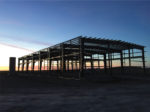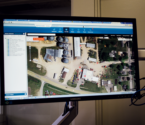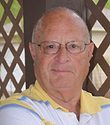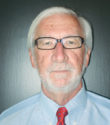Advertise Follow Us
Farm Equipment

View Archived Issues
April/May 2015
Volume: 53
Edition: 4
Special Report: TILLAGE OR NO TILLAGE High Yields or Soil Health
PLUS: Building Big on Productivity
-
Table of Contents
Table of Contents
Analysis & Business Conditions UpdateDeclining Growth Rate of U.S. Farm Assets Will Impact Lending in 2015
Read MoreTillage or No-Tillage: High Yields or Soil Health?
The growing emphasis on soil health could be a deciding factor in what type and how much tillage farmers will utilize in the future.Read MoreDealer ModernizationBuilding Big on Productivity
Dealers who have updated and modernized their facilities — from the showroom to the wash bay and everywhere in between — have found new efficiencies throughout the company.Read MoreHow Fast Can We Plant?
A panel at the National Farm Machinery Show gave 4 planting suppliers a forum to discuss how they’re addressing the ‘need for speed.’Read MoreGetting Tech Savvy in the Service Department
Technology and software can bring efficiencies to the service department and improve customer satisfaction.Read MoreHow Leverage & Inventory Turnover Keep the Balance Sheet in Order
This executive shares his approach to teaching employees throughout the dealership the importance of leverage and turnover, the guard rails for keeping the balance sheet — and dealership — on track.Read MoreHow To Sell: Baling SilageBaling Silage Helps Offset Weather Challenges
Determine what moisture and quality levels your customers need to find the baling equipment that will best fit their operation.Read MoreHelping Customers Choose the Right Lease
Knowledge of the different types of leases will help dealers offer farmers the one that best suits their needs.Read More -
Featured Articles
Featured Articles
Dealer ModernizationBuilding Big on Productivity
Dealers who have updated and modernized their facilities — from the showroom to the wash bay and everywhere in between — have found new efficiencies throughout the company.Read MoreHow Fast Can We Plant?
A panel at the National Farm Machinery Show gave 4 planting suppliers a forum to discuss how they’re addressing the ‘need for speed.’Read MoreTillage or No-Tillage: High Yields or Soil Health?
The growing emphasis on soil health could be a deciding factor in what type and how much tillage farmers will utilize in the future.Read More -
Online Extras
Online Extras
-
Products in Action
Products in Action

















